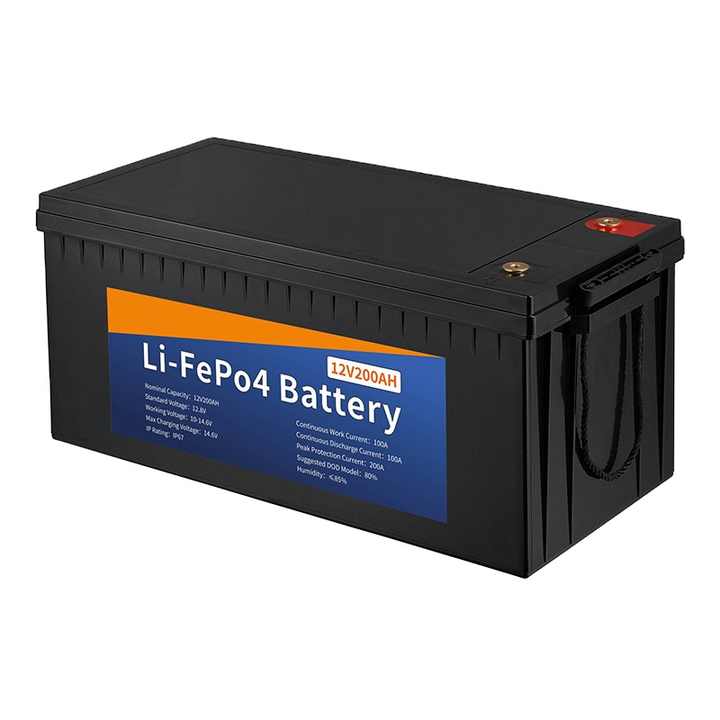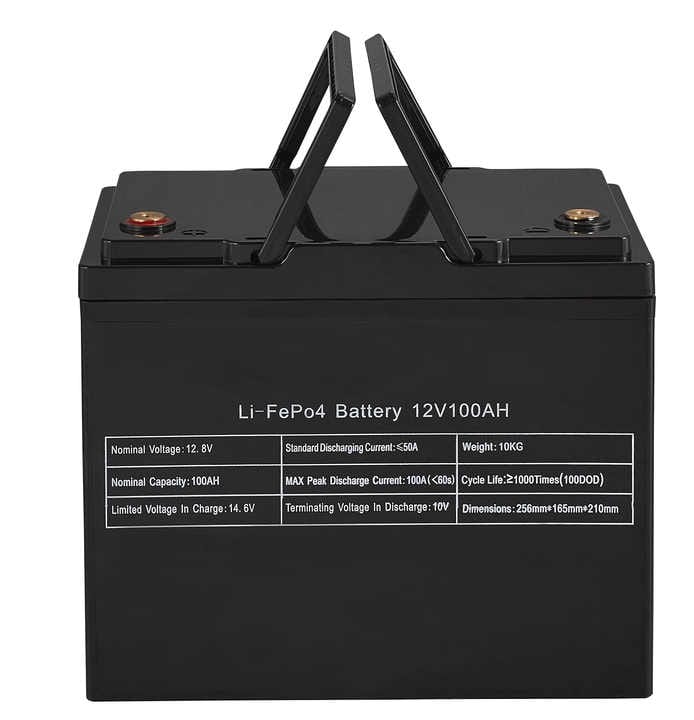Lithium-ion batteries are game-changers, powering our devices and green energy solutions. They’re vital, versatile, and eco-friendly. In this chat, we’ll discover their importance, benefits, and how they shape our tech-filled lives. Understanding them unlocks our modern world’s potential.
What is a lithium-ion battery?
A lithium-ion battery is a compact, rechargeable power storage device commonly used in various gadgets like smartphones, laptops, and electric vehicles. It works by utilizing lithium ions to store and release electrical energy efficiently. These batteries have a reputation for high energy density, indicating their ability to store ample power in a small space.
This feature makes them popular for portable devices. They’re also lightweight and have a long lifespan, offering reliable performance over time. To use them, simply charge them through an electrical outlet or USB, and they’re ready to power your devices, providing a convenient and eco-friendly energy solution.

Why are lithium-ion batteries used?
Lithium-ion batteries have become a ubiquitous and indispensable part of our modern lives. But why are they used so widely? Let’s dive into the reasons behind their popularity.
High Energy Density: Lithium-ion batteries have an exceptional energy density. This means they can store a lot of energy in a relatively small and lightweight package. This is crucial for portable devices like smartphones, laptops, and tablets, where space and weight considerations are essential.
Long Cycle Life: These batteries have a longer cycle life compared to many other types of rechargeable batteries. You can charge and discharge them hundreds, if not thousands, of times before their capacity significantly diminishes. This longevity makes them cost-effective over the long term.
Low Self-Discharge Rate: Lithium-ion batteries have a low self-discharge rate, meaning they lose charge at a relatively slow pace when not in use. This makes them suitable for devices that may sit idle for extended periods without needing frequent recharging.
Quick Charging: They have a reputation for their fast charging capabilities. Lithium-ion batteries can recharge quickly, saving you time and ensuring that your devices are ready to use when you need them.
Wide Range of Applications: These batteries are incredibly versatile and find use in various applications, from powering consumer electronics to electric vehicles, medical devices, and renewable energy storage systems. Their adaptability makes them the preferred choice for many industries.
Lightweight: Lithium-ion batteries are lightweight, making them ideal for applications where weight is a critical factor, such as in drones, electric bicycles, and portable power banks.
Low Maintenance: Unlike some other battery types, lithium-ion batteries require minimal maintenance. There’s no need for periodic discharging or complicated maintenance routines, which makes them user-friendly.
Environmentally Friendly: Lithium-ion batteries are more environmentally friendly than some alternatives. They don’t contain toxic heavy metals like lead or cadmium, which can be harmful to the environment if not properly disposed of.
High Voltage Output: These batteries provide a relatively high voltage output, which is consistent throughout the discharge cycle. This feature ensures stable performance and is essential for powering electronic devices.
Reduced Memory Effect: Unlike older nickel-cadmium batteries, lithium-ion batteries do not suffer from the memory effect. You can recharge them at any point in their discharge cycle without negatively affecting their capacity.
Compact Size: Manufacturers can produce lithium-ion batteries in various shapes and sizes to suit specific device designs. This flexibility allows for innovative product designs and applications.
Lower Maintenance Costs: Due to their extended cycle life and durability, lithium-ion batteries generally have lower maintenance costs over their lifetime compared to other battery technologies.
Safe Operation: Manufacturers have implemented safety features like thermal protection and overcharge/over-discharge protection to make lithium-ion batteries safe for everyday use.
Energy Efficiency: Lithium-ion batteries are highly efficient, meaning they convert a significant portion of stored energy into usable power, reducing energy waste.
Advancements in Technology: Ongoing research and development in lithium-ion battery technology have led to improvements in energy density, safety, and overall performance. This continuous innovation keeps them at the forefront of energy storage solutions.
How Lithium-ion Batteries Work?
Lithium-ion batteries are the unsung heroes behind our favorite gadgets, and understanding how they work can be enlightening:
Anode and Cathode: Inside a lithium-ion battery, there are two key components: the anode (negative electrode) and the cathode (positive electrode). The anode typically contains carbon, while lithium-based materials make up the cathode.
Electrolyte: Between the anode and cathode lies the electrolyte, a lithium salt dissolved in a solvent. The electrolyte allows lithium ions to move between the anode and cathode.
Ion Flow: During charging, lithium ions move from the cathode to the anode through the electrolyte. This process stores energy in the battery.
Discharge: When you use the battery to power a device, the lithium ions flow from the anode to the cathode, releasing stored energy. This powers your device.
Reversible Process: What’s fascinating is that this ion flow is a reversible process. When you recharge the battery, the ions move back from the anode to the cathode, and the battery is ready to power your device again.
Safety Measures: Lithium-ion batteries have safety features to prevent overheating and overcharging. These features include thermal protection and voltage control circuits.
Capacity and Voltage: The battery’s capacity depends on the amount of stored lithium, and it maintains relatively stable voltage during discharge.
Cycle Life: Lithium-ion batteries have a limited number of charge and discharge cycles before their capacity starts to degrade, typically hundreds to thousands of cycles.

Where to sell lithium ion batteries?
If you want to sell lithium-ion batteries, try ttnergy.com. They have an easy-to-use platform. First, visit their website and make an account. Then, list your batteries for sale, mentioning details like brand, condition, and price. Interested buyers can message you on the platform, making selling simple. Ttnergy.com is a safe way to find buyers for your batteries. It’s hassle-free and convenient. Whether you have extra batteries from devices or want to recycle them, ttnergy.com helps you connect with buyers.
